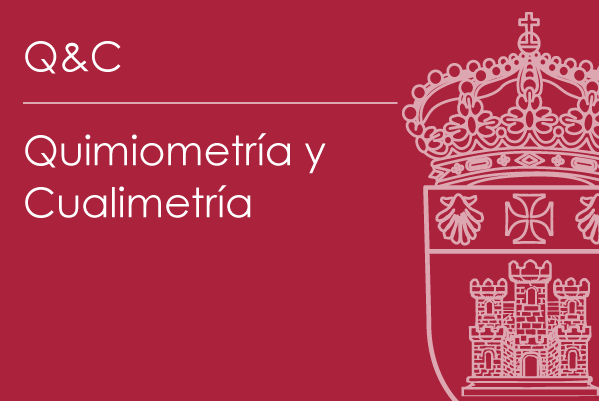
Santiago
Ruiz Miguel
Publikationen, an denen er mitarbeitet Santiago Ruiz Miguel (10)
2024
-
Latent variable model inversion for intervals. Application to tolerance intervals in class-modelling situations, and specification limits in process control
Chemometrics and Intelligent Laboratory Systems, Vol. 251
2022
-
Simultaneous class-modelling in chemometrics: A generalization of Partial Least Squares class modelling for more than two classes by using error correcting output code matrices
Chemometrics and Intelligent Laboratory Systems, Vol. 227
2021
-
A new approach based on inversion of a partial least squares model searching for a preset analytical target profile. Application to the determination of five bisphenols by liquid chromatography with diode array detector
Analytica Chimica Acta, Vol. 1149, Núm. 338217, pp. 1-12
-
Handling Variables, via Inversion of Partial Least Squares Models for Class-Modelling, to Bring Defective Items to Non-Defective Ones
Frontiers in Chemistry, Vol. 9
-
Method operable design region obtained with a partial least squares model inversion in the determination of ten polycyclic aromatic hydrocarbons by liquid chromatography with fluorescence detection
Journal of Chromatography A, Vol. 1657
-
Partial Least Squares model inversion in the chromatographic determination of triazines in water
Microchemical Journal, Vol. 164, Núm. 105971, pp. 1-9
2020
-
Residual spaces in latent variables model inversion and their impact in the design space for given quality characteristics
Chemometrics and Intelligent Laboratory Systems, Vol. 203
2019
-
Multivariate analysis for overall assessment of student learning based on several individual scores obtained in different activities
Edulearn19: 11th international conference on education and new learning technologies
2018
-
A computational approach to partial least squares model inversion in the framework of the process analytical technology and quality by design initiatives
Chemometrics and Intelligent Laboratory Systems, Vol. 182, pp. 70-78
-
The risk of a wrong approach in teaching innovations
11th international conference of education, research and innovation (iceri2018)
